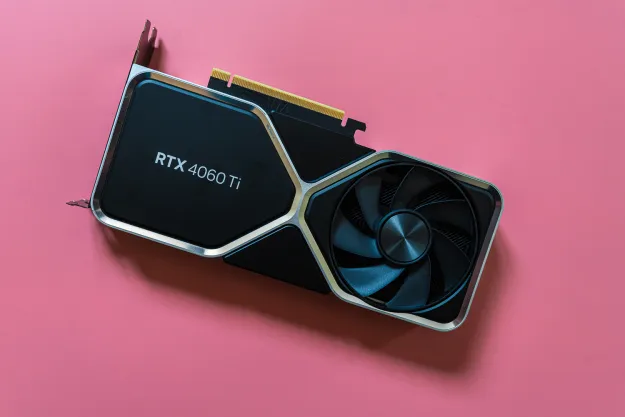Following an influx of complaints from customers over exorbitant transaction costs and multiple charges on their accounts, cryptocurrency exchange Coinbase has issued a statement that suggests the problem was caused by credit and debit card issuers. Reportedly, a change to merchant category code meant that certain transactions were refunded and reprocessed, leading to additional and unexpected charges and fees.
Visa recently confirmed that Coinbase was not at fault for these charges. Visa and Worldpay, Coinbase’s payment processor, released a joint statement saying that “this issue was not caused by Coinbase.”
Glad to see the record set straight on this. It was tough to see people jump to conclusions here and assume the worst from Coinbase. We’ll have to do a better job getting ahead of issues like this in the future. https://t.co/rfZeCIeGnV https://t.co/inweZzbNKE
— Brian Armstrong (@brian_armstrong) February 17, 2018
The issue first came to light earlier this week, when Coinbase users began reporting that Coinbase was overcharging them, seemingly at random. Even removing cards from Coinbase seemed to have no effect and some customers of the cryptocurrency exchange were concerned as they watched their bank accounts slip into the red, resulting in unauthorized overdraft charges. One user reportedly lost $17,000 in this manner.
Although some called this a scam or a sign that Coinbase had been hacked, the exchange has now explained that it’s all down to its evolving relationship with credit and debit card providers. Following recent changes to policy at certain card operators, an MCC change meant that certain charges and purchases made between January 22 and February 11 were refunded and reprocessed. Due to some refunds taking longer to come through, that lead to some accounts being hit hard — especially if owners made major purchases during that period.
1/ We have determined that the erroneous credit and debit charges are the result of Visa reversing and recharging transactions. This was not done by Coinbase. We are working with Visa to ensure all affected customers are reimbursed.
— Coinbase (@coinbase) February 16, 2018
“We deeply apologize for any frustration this may cause. We are actively working with banks, processors, and networks to improve the digital currency purchasing experience,” Coinbase said in its statement. It has also pledged to pay for any bank charges that Coinbase users experienced as a result of this problem. For anyone who doesn’t receive that automatically, it has asked that affected users contact its support team directly.
Although Coinbase has been absolved of fault, this could still harm the company’s reputation. It is possible that affected users may opt for an alternate exchange to buy or sell Bitcoin and other cryptocurrencies in the future. The Verge reports a number of users hit hard by this crypto-mix up as saying that they will never go back to Coinbase.
Updated on February 17: Updated to reflect the news that Visa has confirmed Coinbase is not responsible for the recent overcharges.
Editors' Recommendations
- Gigabyte just confirmed AMD’s Ryzen 9000 CPUs
- These early RTX 4080 Super listings confirmed my worries about the GPU
- These recent PC cases make me excited for what’s next
- Some of our worst fears about Starfield may now be confirmed
- The 6 biggest mistakes in recent Star Wars movies and TV shows we can all agree on





